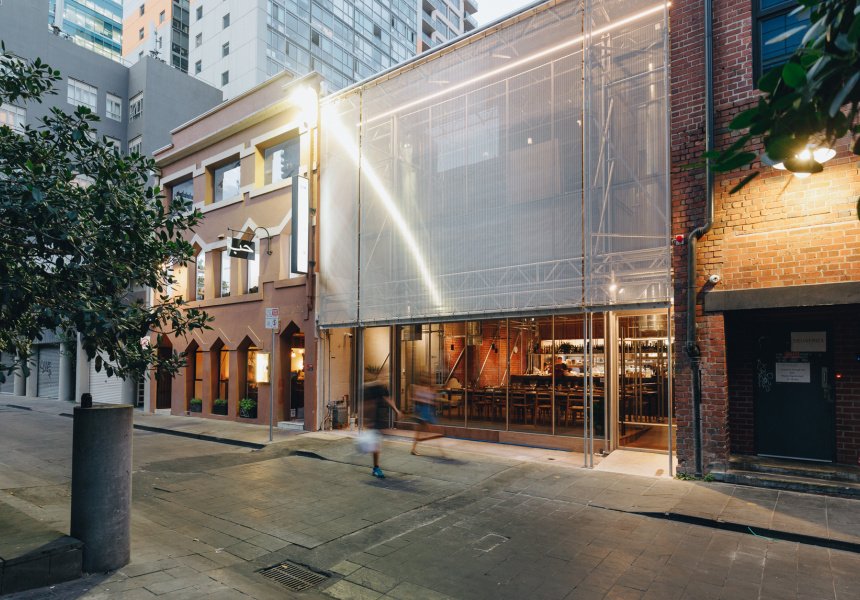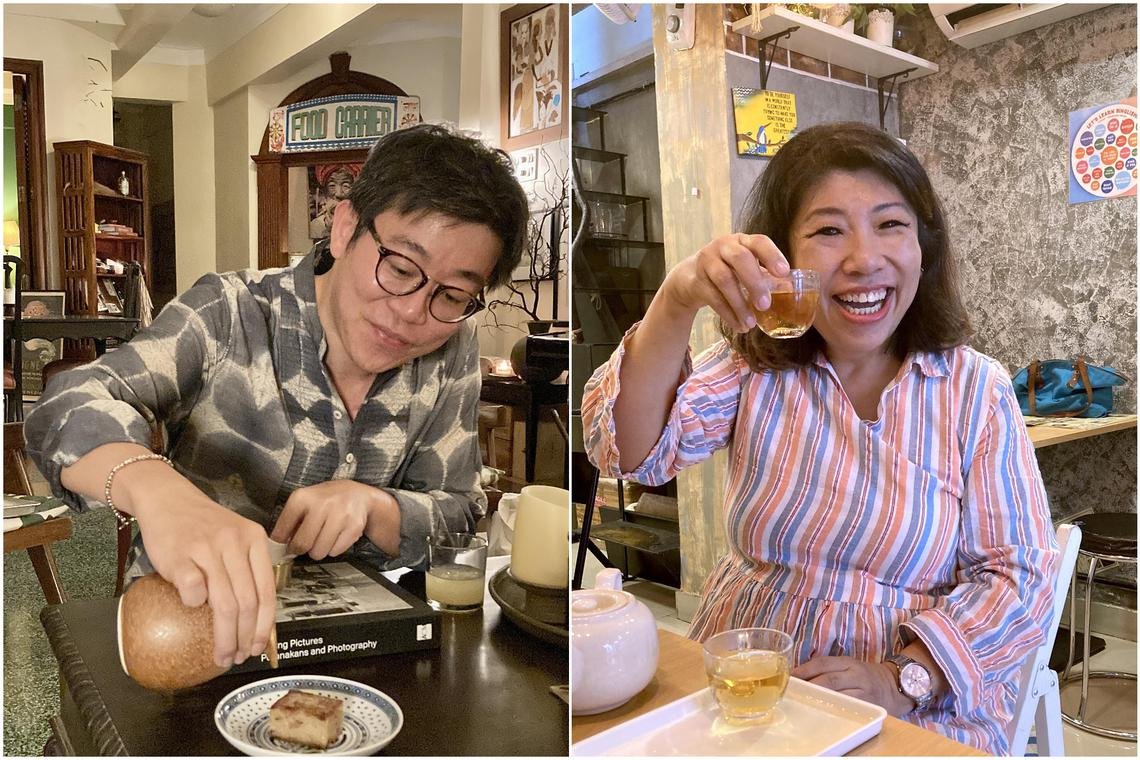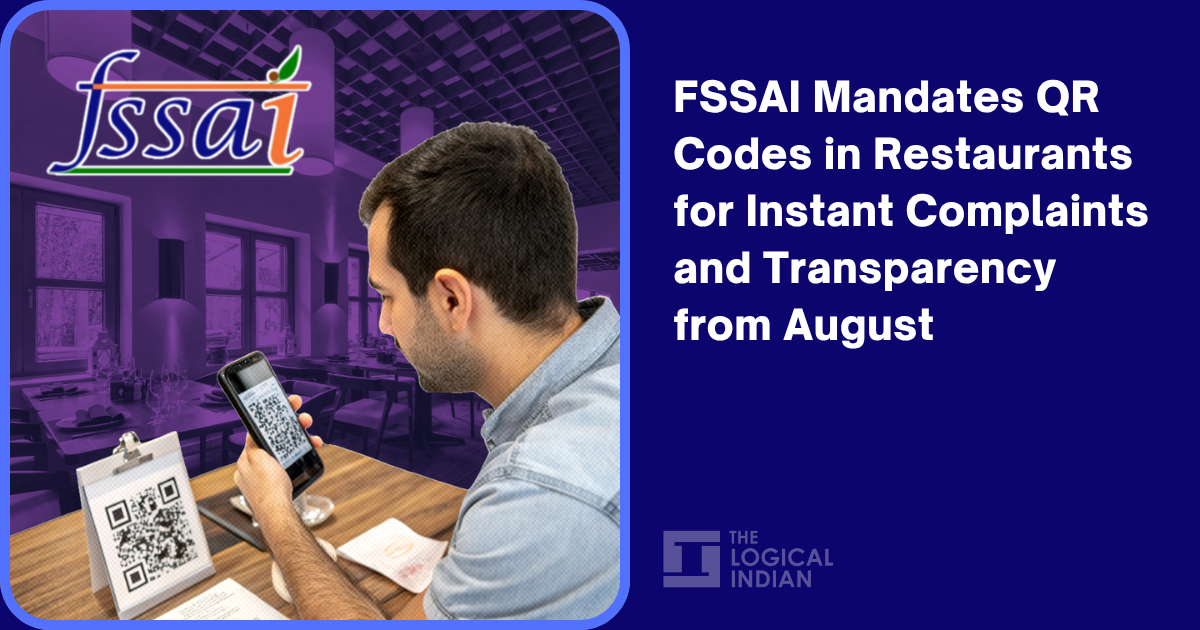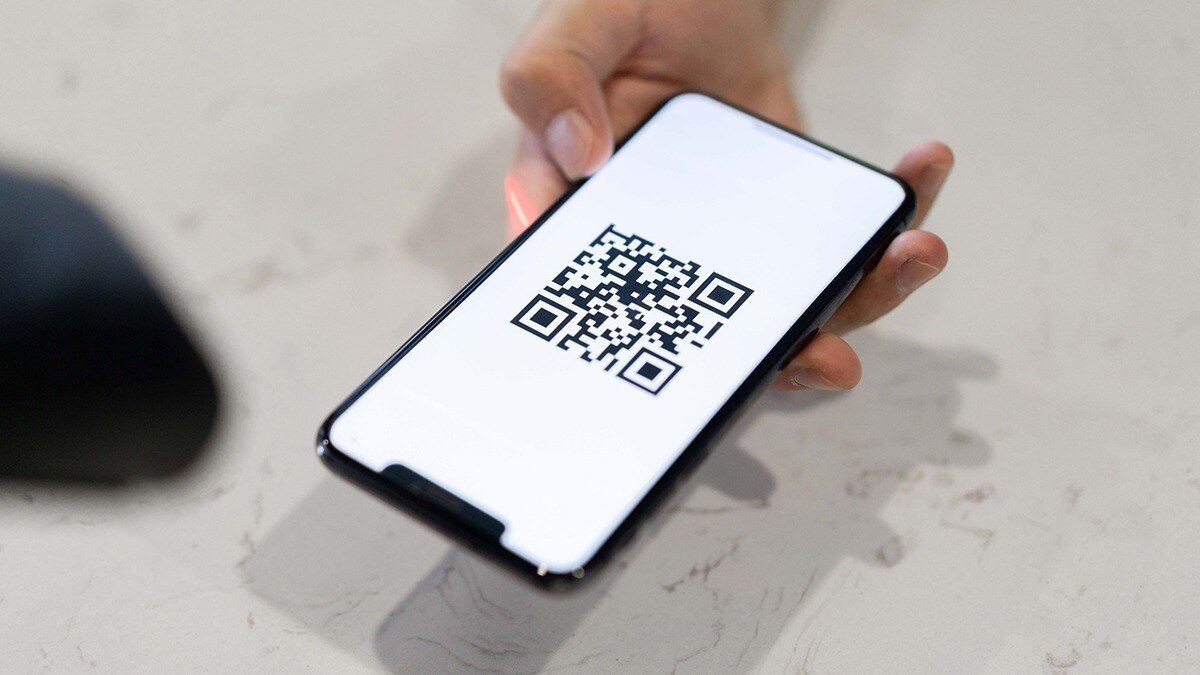After three years of running Saadi pop-ups at venues including Hot-Listed Etta, Public Wine Shop and Manze, chef couple Saavni Krishnan and Sriram Aditya took up residency in the former Sunda space in May. The month-long takeover was so popular that it was extended until July 26. The couple is now turning the space into a home for Saadi, which is expected to open in September.
The restaurant will be part of Adipoetra Halim’s Halim Group (also behind Aru, Antara and The Hotel Windsor), but it’s Krishnan and Aditya’s vision. “At the start of this year, our one major goal was that by the end of this year we should either have a restaurant, or have something solid that we know is going to become a restaurant,” says Aditya. “For it to actually happen is pretty amazing.”
The pair finalised the opening menu a month ago, Aditya (former head chef at Gemini) tells Broadsheet. “It’s going to be the proper first Saadi menu as a restaurant – no longer a pop-up. We’ve decided to really tap into family recipes.”
Join Broadsheet Access for exclusive invites to new venue openings in your city, plus other hot–ticket events. Membership starts at just $12 a month for an annual membership.
Wednesday and Thursday there’ll be an à la carte offering, with an $85 set menu on Friday and Saturday. The snacky starters include a celeriac achar (pickle), which is former Manze head chef Krishnan’s take based on a recipe from her grandmother. “You can’t really taste that pickle if you’re not from Saav’s family,” says Aditya.
The set menu main – also available à la carte – is what Aditya describes as an “almost traditional” take on pulikachal (a simmered tamarind sauce) made using his mum’s recipe, served with squash or barbequed corner inlet flathead, as well as a simple salad and potatoes. The pulikachal “is one of those things you wouldn’t know unless you’ve actually had it growing up”.
While the menu will change seasonally, at open, Saadi will serve family recipes – “the kind of foods you don’t even find in restaurants in India,” says Aditya.
*Saadi is expected to open at 18 Punch Lane, Melbourne, on Wednesday September 3.”

























You must be logged in to post a comment Login